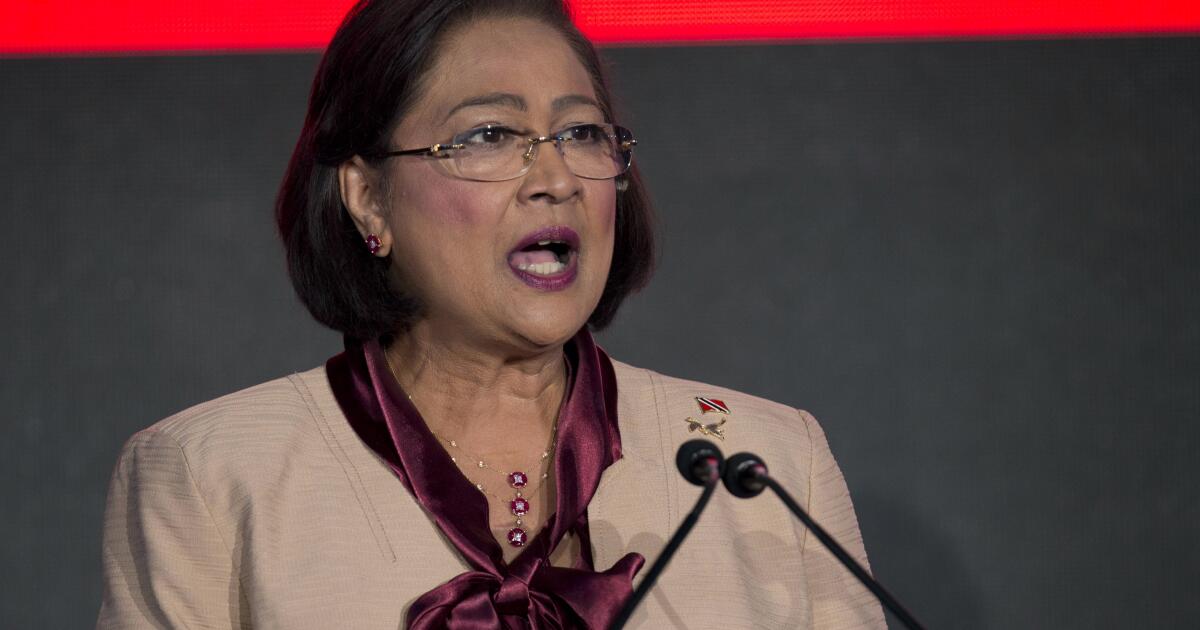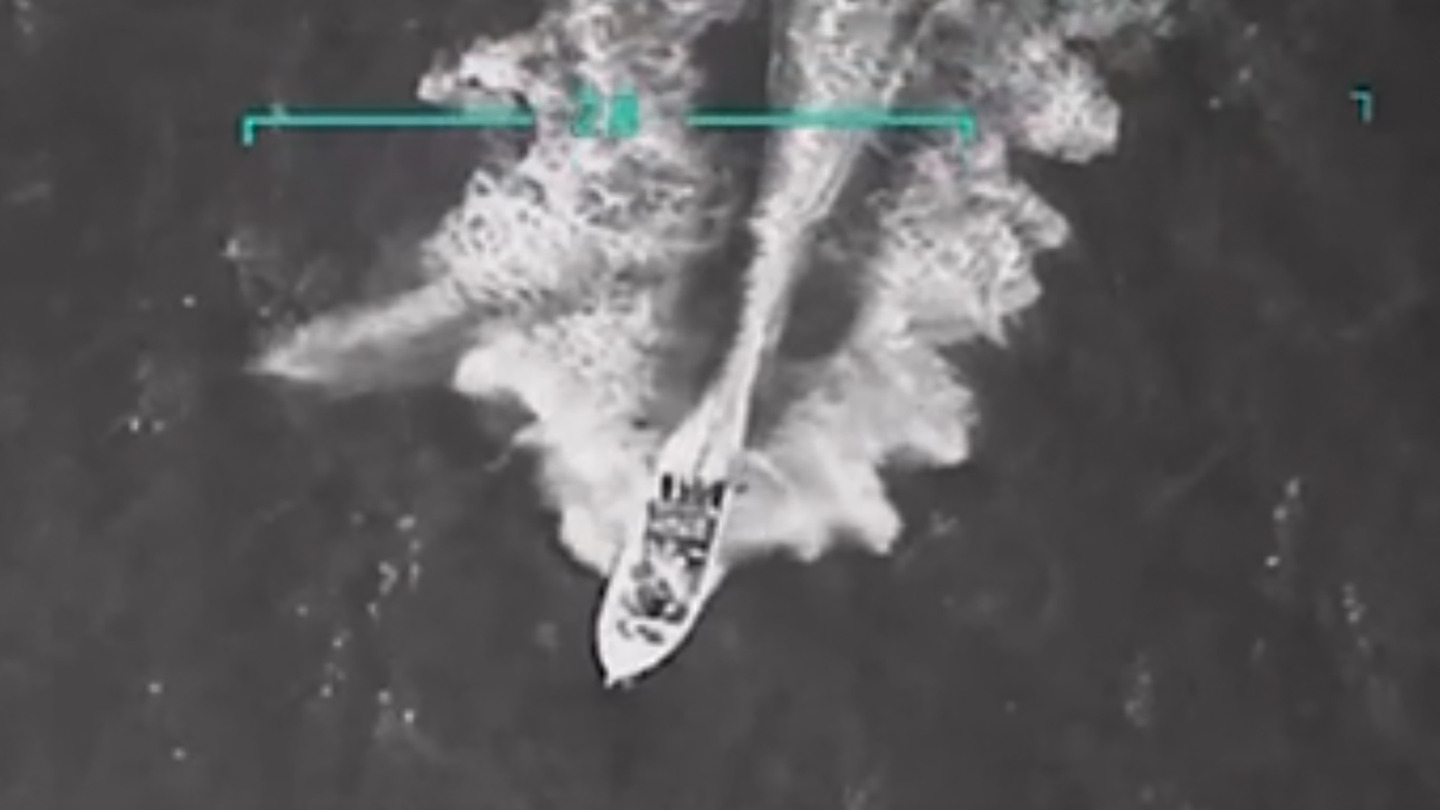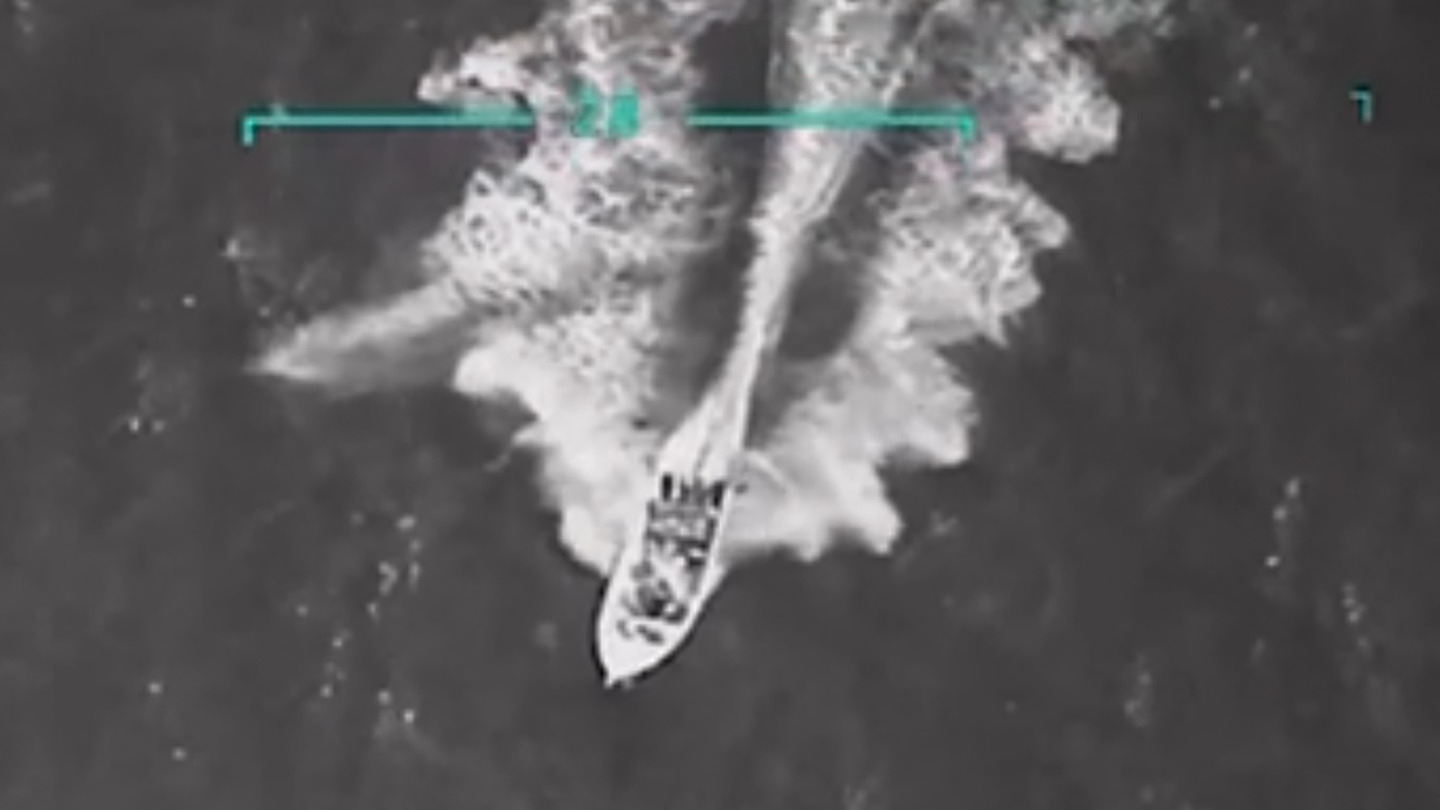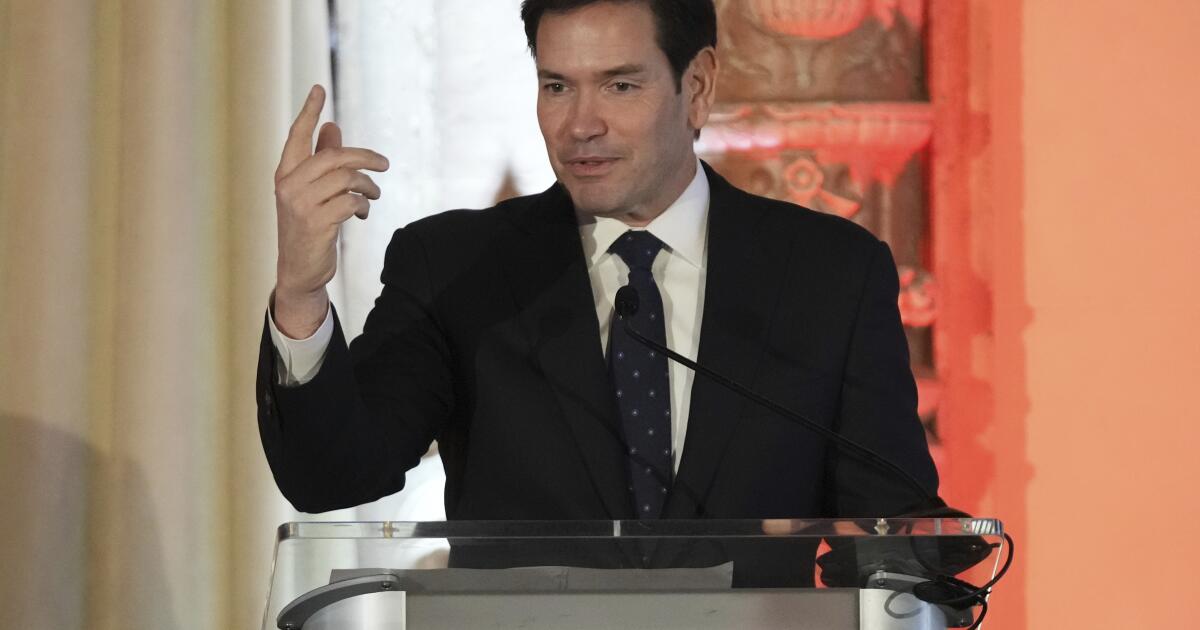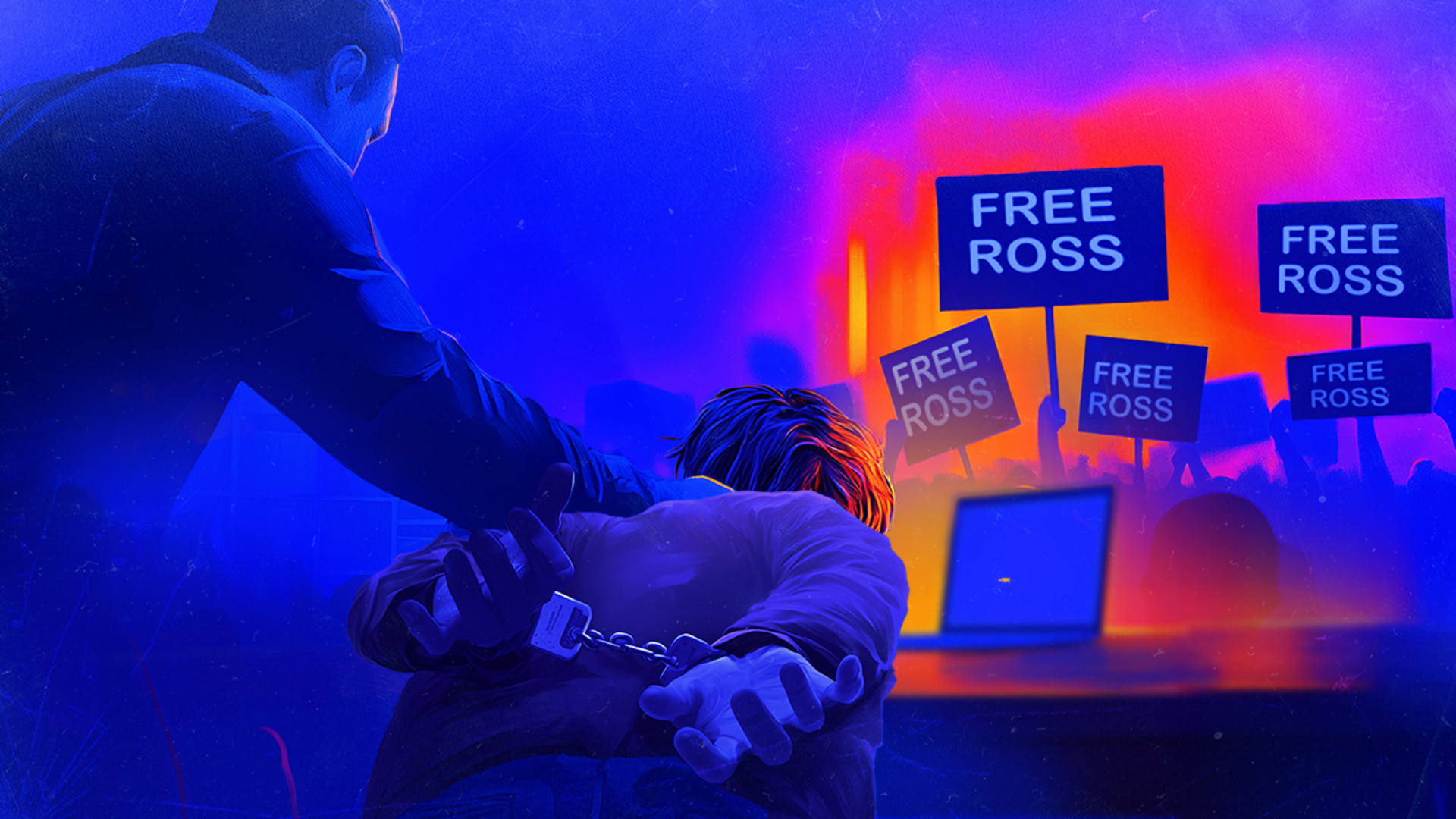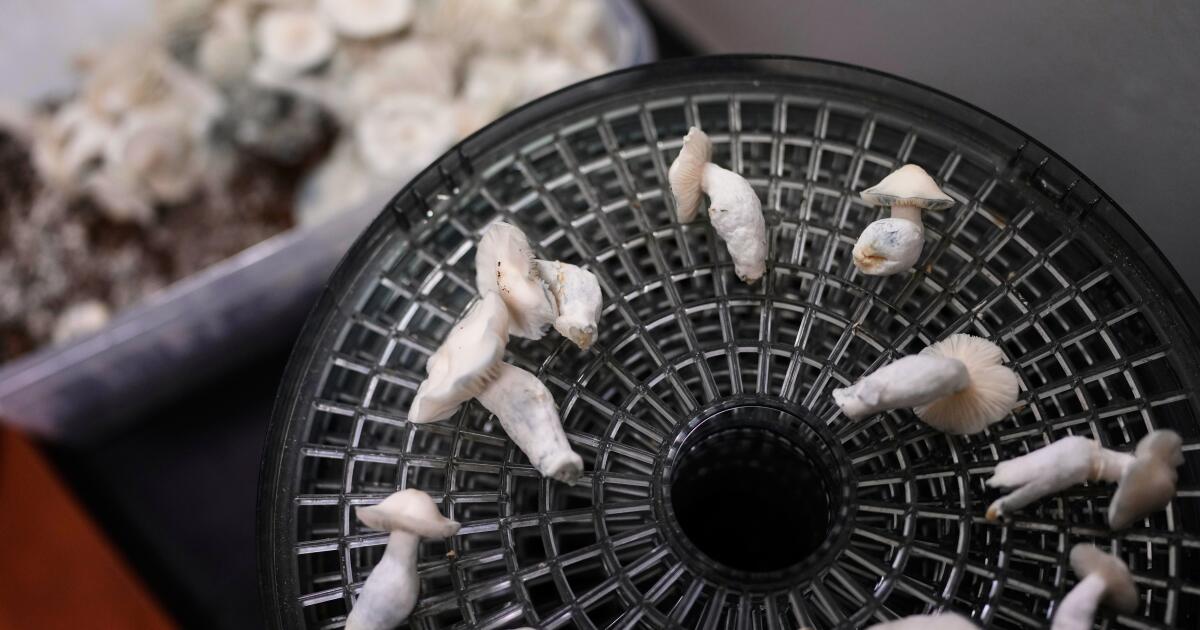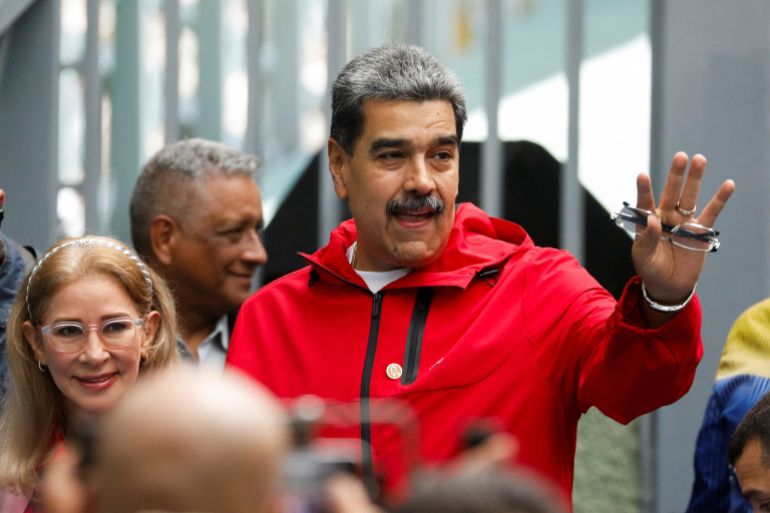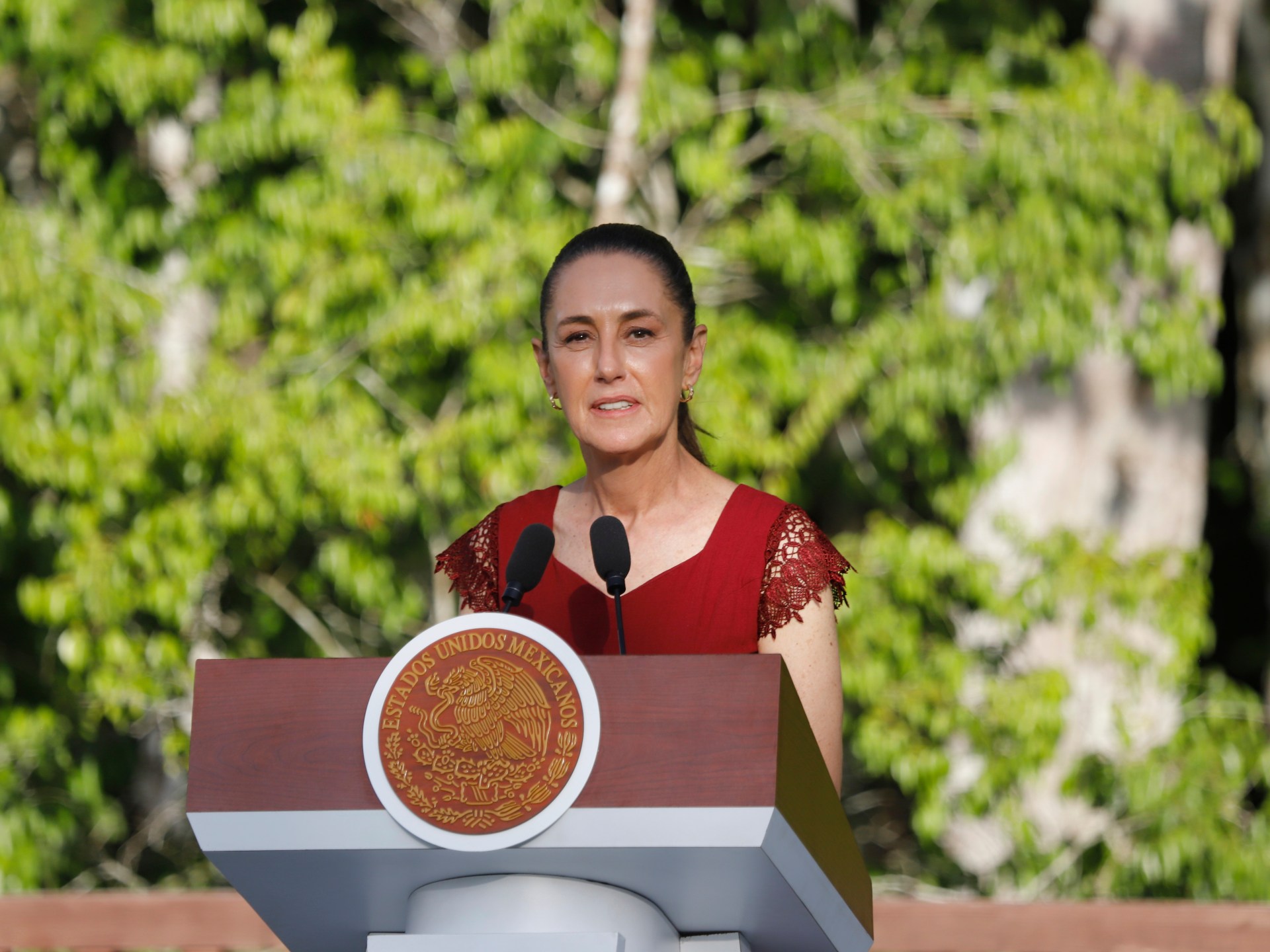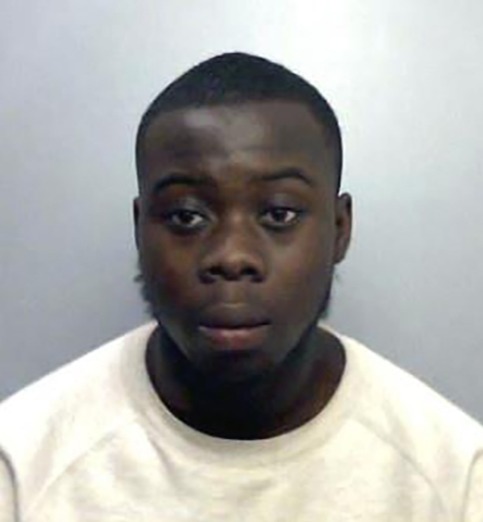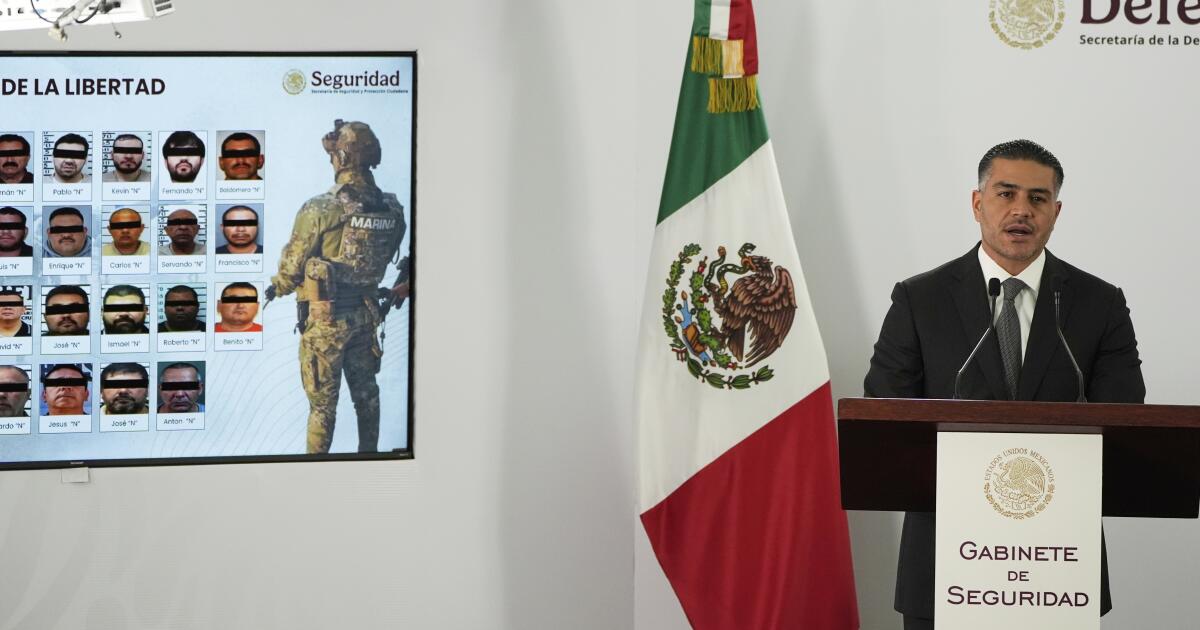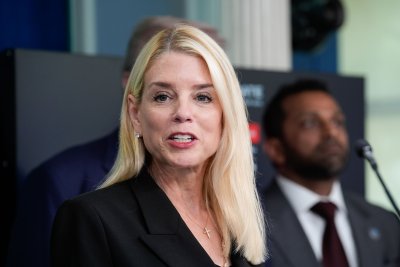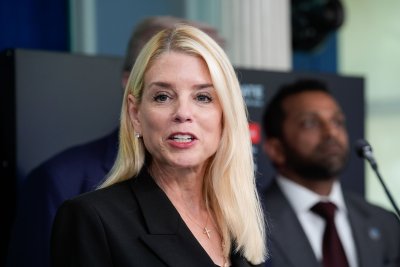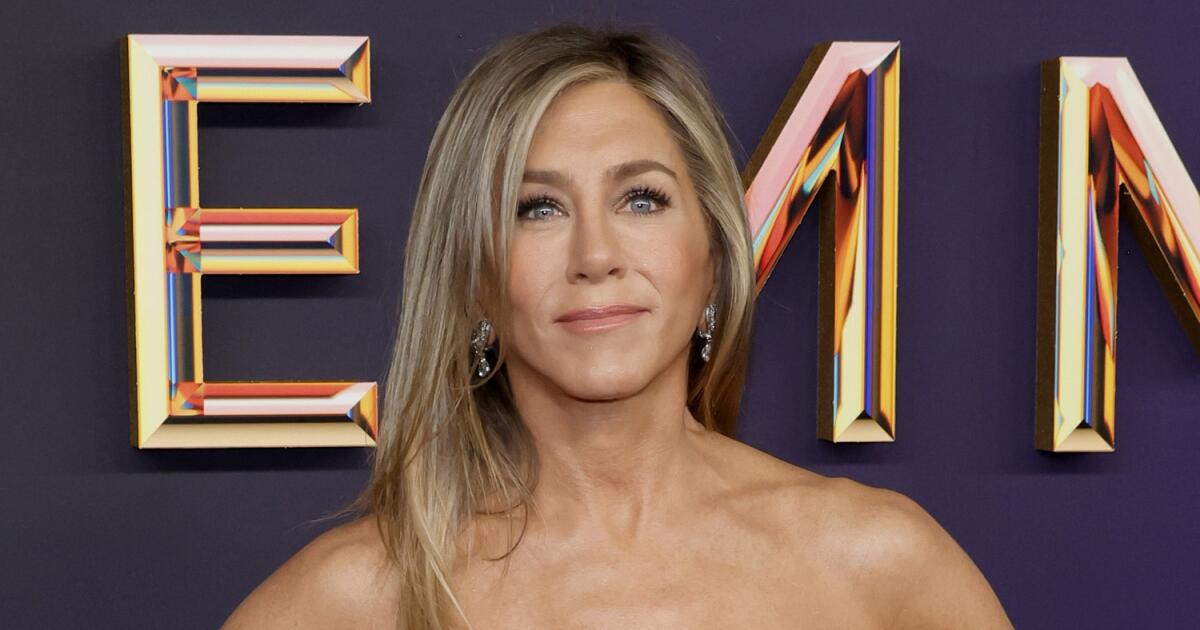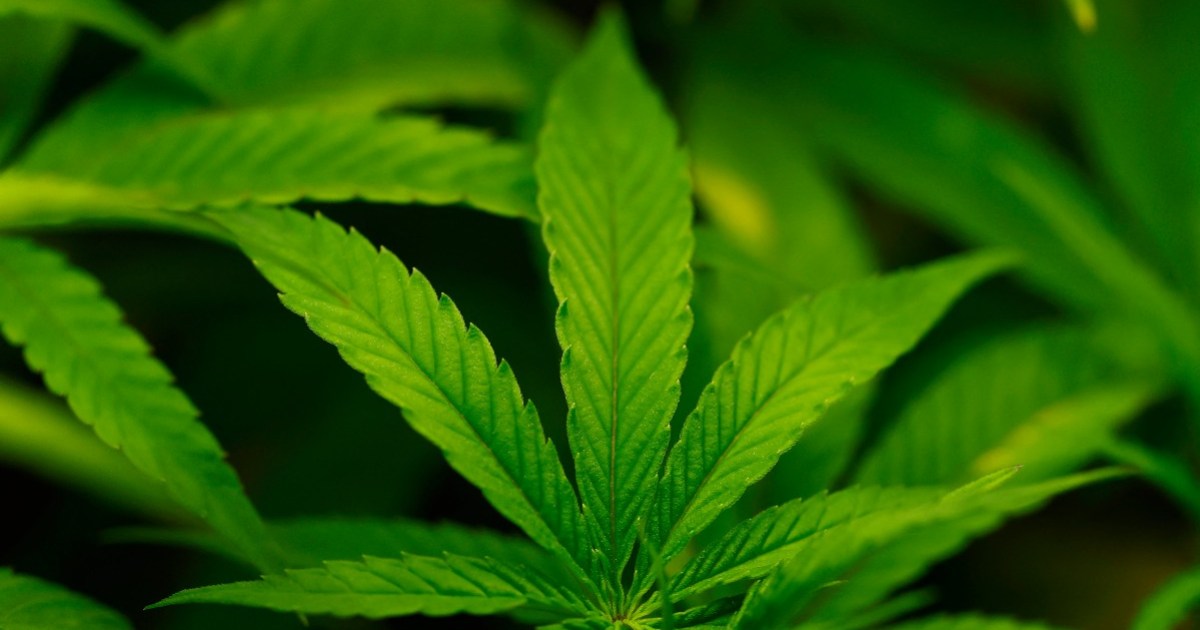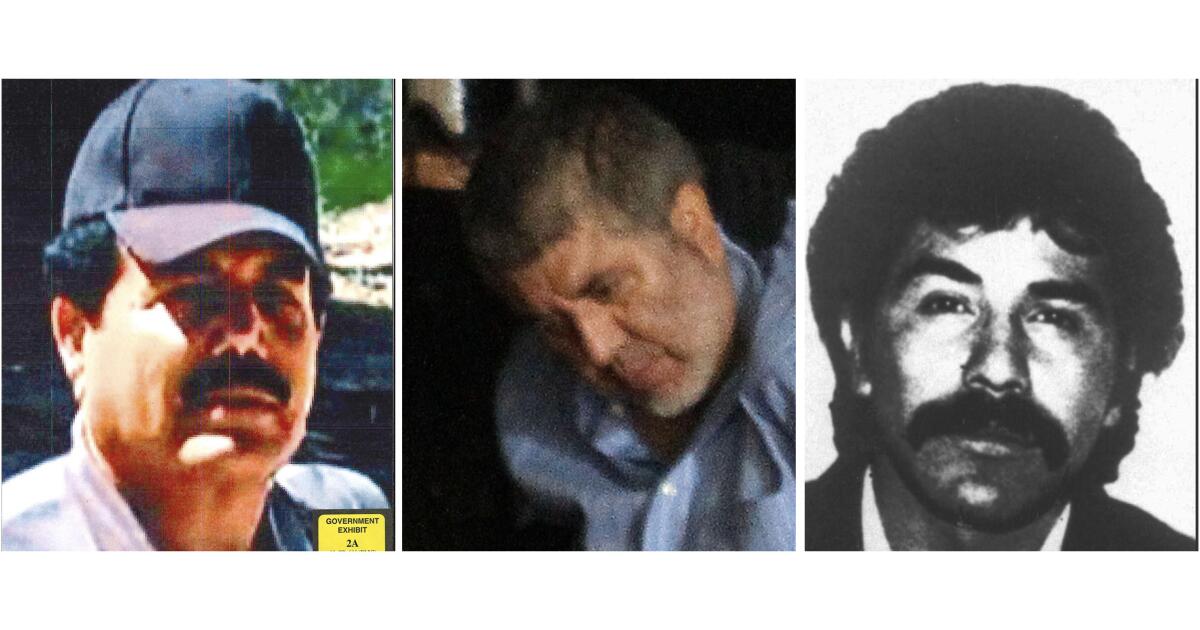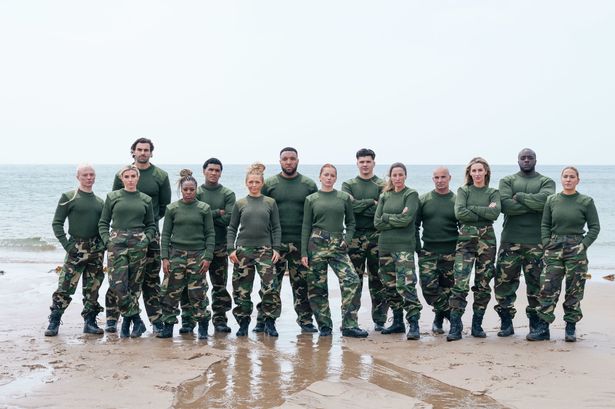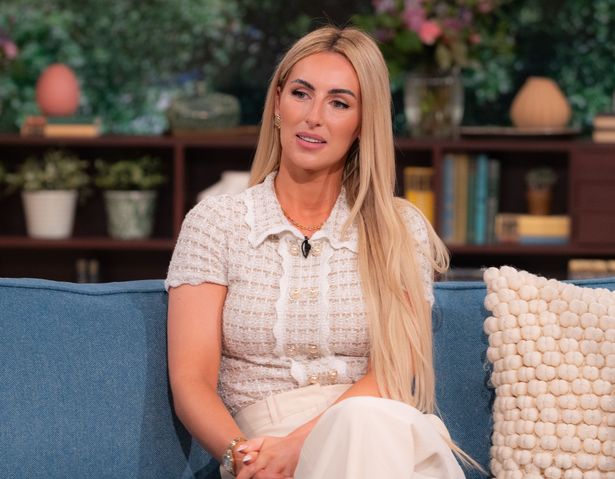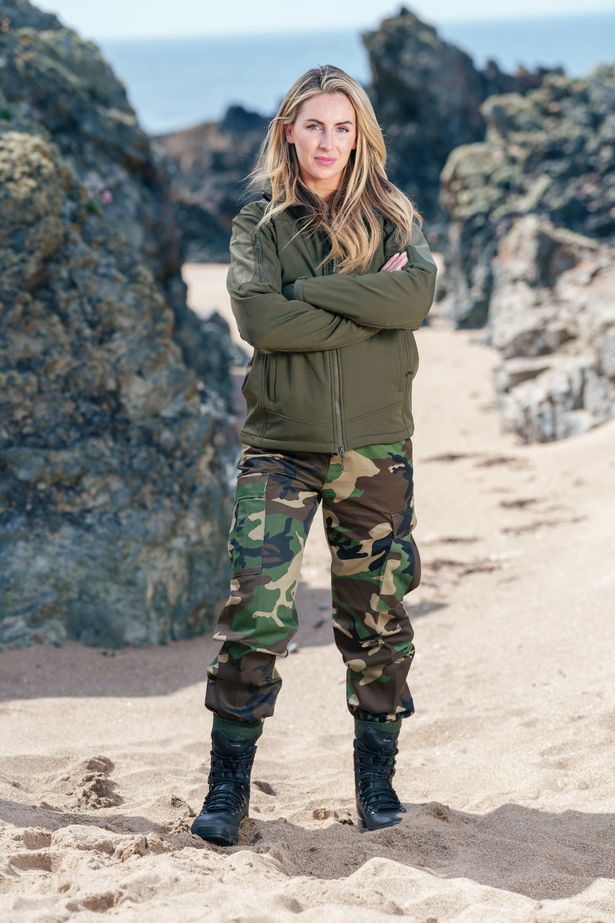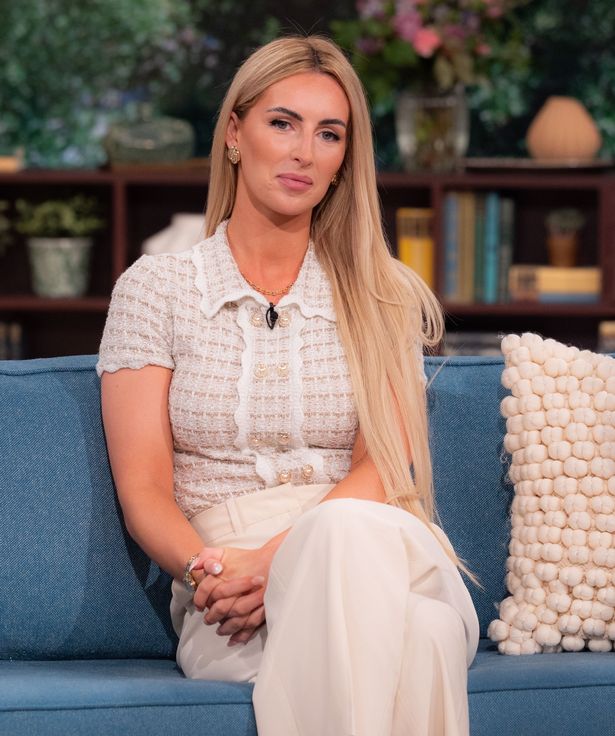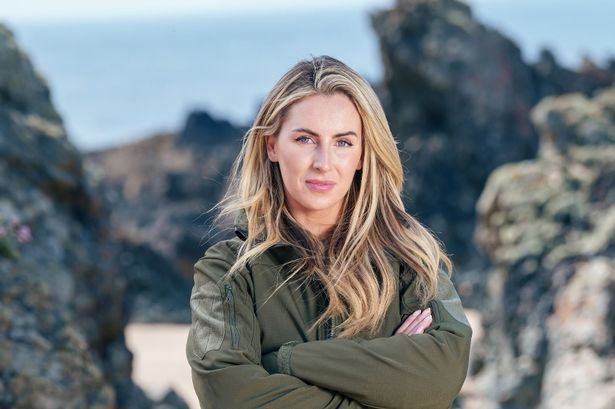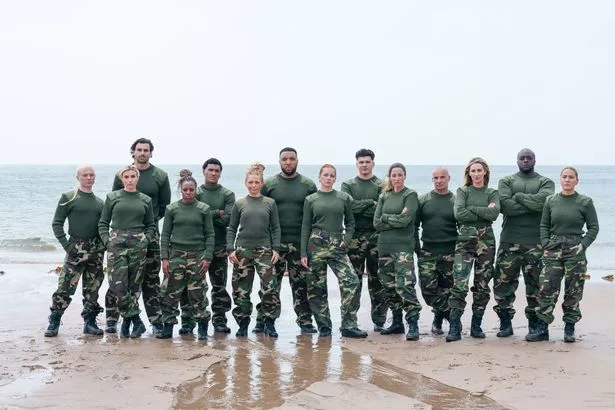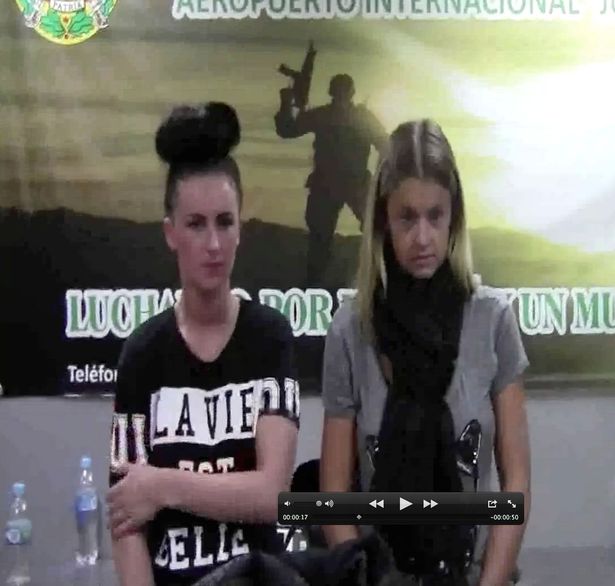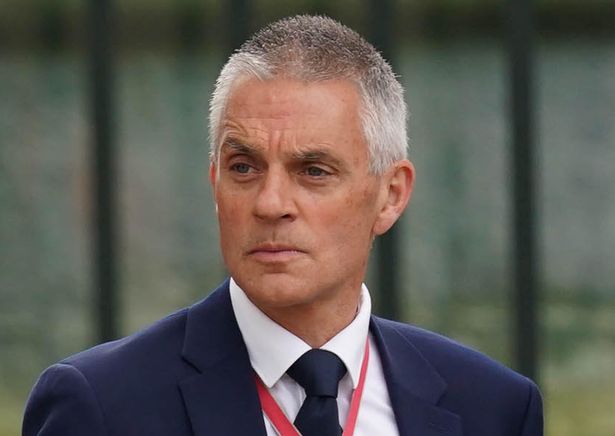“Most people are one sickness away from seeking financial assistance,” reads a popular quote circulating on Nigerian social media.
For Usman Sani, a 33-year-old schoolteacher and a tailor in Funtua, a town in Katsina State, northwestern Nigeria, the truth in that statement has been a lifelong reality. He was in his first year of Junior Secondary School when his name appeared on the duty roster, a schedule for students responsible for cleaning the classroom either before classes or after the school closed.
One morning, while sweeping alongside some other classmates, he began coughing uncontrollably. It worsened until he felt like he could no longer breathe. His chest tightened, and he collapsed. Teachers administered first aid, after which his parents rushed him to the hospital, where he was diagnosed with asthma, a chronic respiratory condition in which the airways become inflamed and narrowed, causing difficulty in breathing, coughing, and wheezing. From then on, his name was removed from the sweeping list.
“Nothing felt comfortable at that moment, whether eating, drinking, working, or even talking. Sometimes, just lying down would become a problem,” Usman recounted. “If I didn’t get immediate relief either through fresh air or medication, the condition would worsen.”
Back then, he did not have an inhaler, relying instead on tablets that gradually lost their effectiveness. In 2018, his doctor prescribed a Ventolin inhaler, which became a lifeline during a series of attacks. “Then, an inhaler was around ₦2,000,” he said. “Now in 2025, it costs at least ₦14,000. I bought it last month. I can’t afford to buy an inhaler every month out of my small salary.” Hence, Usman said he wears face masks when he is outside.
“Prevention, they say, is better than cure,” he added.
Usman’s struggle is not an isolated case. Across Nigeria, people living with chronic illnesses are finding it harder to manage their conditions as the cost of essential drugs skyrockets.
According to the World Bank, out-of-pocket expenditure accounts for over 70 per cent of total health spending in Nigeria, one of the highest in the world. This means millions are vulnerable to financial shocks whenever a health crisis strikes.
Take Hajiya Umma, an elderly woman in Sabon Gari, Zaria, in Kaduna State, who was diagnosed with diabetes in 2016. Since then, her son, Ibrahim Muhammad, has been responsible for her medication. The cost of an insulin shot has risen by about 480 per cent in the last five years, from ₦2000 to ₦14,500, hitting their household hard. “What’s more worrisome than the skyrocketing price of drugs is the specialised food I have to eat as well,” she lamented.
The government has made attempts to respond. In 2024, the Nigerian government signed an executive order waiving import duties and taxes on pharmaceutical inputs to boost local drug production. However, implementation has been slow and has had a limited impact. The Pharmaceutical Society of Nigeria states that the order has not yet resulted in lower prices due to forex scarcity, supply chain issues, and regulatory delays. Importers still face bottlenecks at ports, and manufacturers are crippled by erratic power supply and high production costs.
The crisis worsened as major multinational companies, including pharmaceutical companies, exited Nigeria. Firms like GlaxoSmithKline (GSK) and Sanofi shut down operations in the last two years, citing the naira’s collapse, profit repatriation issues, deteriorating infrastructure, and weak consumer power. As a result, Nigeria lost ₦94 trillion in economic output, according to Segun Omisakin, Chief Economist and Director of Research at Nigerian Economic Summit Group. This exodus has left hospitals and pharmacies struggling to restock essential and specialised medications.
This reality is evident to pharmacists on the ground. “This […] GSK Actifed is not even available; you’re lucky to get it. For several months, we’ve been searching to get it to stock in our pharmacy, but it’s not available,” Musa Bello, a pharmacist based in Kaduna State, lamented. He explained that the exit of GSK triggered not only scarcity and soaring prices, but also a flourishing black market and the rise of counterfeits. “Imagine Seretide Inhaler, which was ₦5,000 before their exit, went up to ₦30,000+ at some point. A lot has happened and is happening. I pity people with chronic conditions like diabetes and hypertension. A large part of their income now goes to drugs, and some can’t even afford it.”
The impact has also been severe on common diseases like malaria. Nigeria accounts for nearly 27 per cent of the world’s malaria cases, with 68 million infections and 194,000 deaths in 2021 alone, according to the World Health Organisation. Treatment that cost under ₦2,000 five years ago now sells for between ₦8,000 and ₦12,000. Similarly, hypertension drugs such as Amlodipine and Labetalol have doubled or tripled in price, with some monthly treatment plans exceeding ₦18,000.
“It is expensive. One wrong move can set you back. Drugs are no longer affordable for a lot of people,” Mukhtar Sabo, a development worker living with diabetes, said.
With the National Health Insurance Authority (NHIA) covering fewer than 10 per cent of Nigerians, the vast majority remain unprotected. The result is a cycle where families are pushed into poverty, forced to pay for care entirely out of pocket.
Resorting to alternatives
Faced with rising costs, Nigerians are increasingly turning to cheaper alternatives.
Danladi Bala, a trader in Zaria, suffers from a chronic ulcer. He buys medicine, a brown powdered herbal concoction sold in small packs, from a street vendor after Friday’s Islamic prayers. A week’s supply costs ₦200, or three bundles for ₦500.
“It is effective, because I feel better. I don’t have to go to the hospital and spend a lot of money on drugs that I might have to be taking for life. I have faith and trust that this traditional one would do the trick,” Danlandi said. He stopped visiting hospitals two years ago when drug prices rose sharply at local chemists.
Many Nigerians now rely on traditional, herbal and sometimes, religious remedies. On streets and in buses, markets, and worship centres, self-proclaimed healers sell mixtures they claim can cure everything from ulcers to sexually transmitted diseases, diabetes to HIV, and in some cases, even cancer. Their influence has grown through radio and television promotions, as well as, more recently, social media. In Nigeria, around 70 per cent of the population relies on traditional medicine, with 41 per cent using herbal remedies exclusively and 31 per cent combining them with orthodox care. Traditional healers are also key providers of mental health services, especially in underserved communities.
But this reliance on informal treatment, while understandable, risks exposing millions to counterfeit or ineffective drugs.
“Most of those alternatives are not standardised,” said Anas Abdulahi, a medical doctor at the Ahmadu Bello University Teaching Hospital, Zaria. “Every drug is a potential poison. So taking such drugs risks damage to major organs like the liver and kidneys. Secondly, chasing those alternatives potentially leads to a delay in diagnosis and progression of disease to severe or terminal stages. There is also waste resources running from one alternative medicine to another in search of a cure.”
Crowdfunding for treatment
For others, survival now depends on the kindness of strangers.
Yasmin, a lively four-year-old, is known for her charm and curiosity. When she started experiencing persistent headaches, her parents grew concerned. Initially, painkillers worked. Then the headache returned, more severe, robbing her of sleep and eventually sight.
One day in 2024, everything became blurry to her.
Her father, Malam Abubakar, a primary school teacher, sought answers at a teaching hospital in Kaduna, only to be told the radiology machines were faulty. He was referred to neighbouring Kano State for scans. The costs were overwhelming, and he nearly sold his motorcycle to pay for them until family and friends intervened.
When the diagnosis was out, it was found that Yasmin had a tumour in her brain and required urgent surgery. With no savings to cover the expense, her parents turned to social media. Through crowdfunding campaigns on Facebook, X, and WhatsApp groups, the community rallied around them. The surgery was eventually funded.
For someone who was taking care of his family without help or interference from anyone, Abubakar said that resorting to crowdfunding was humbling.
“I felt like a beggar, honestly. My self-esteem and ego were seriously hit, but who am I to think about those things when my daughter’s life was on the line?” he said.
Though Yasmin has since been discharged and is recovering, her family must now pay for weekly physiotherapy and post-surgical treatment — another heavy burden on her father’s modest salary.
Her case is one of thousands. Fundraising appeals for medical treatment now flood social media daily. Even medical students and doctors are not exempt. A recent campaign sought ₦6 million for Obi Oluwatosin Joseph, a medical student at Delta State University in the country’s South South, who needs brain surgery. Another appeal, for Summaya Dalhat, a medical doctor in Kaduna, requested over ₦2.1 million for stroke rehabilitation.
Crowdfunding has become a lifeline for Nigerians in distress, bridging gaps left by a failing health system. But stigma, fraud, and slow responses remain constant obstacles.
In the end, herbal remedies, borrowed money, or online appeals are only fragile shields. Families like Usman’s, Umma’s, and Yasmin’s continue to live on the edge, sustained less by policy or social protection than by luck, faith, and the mercy of strangers.
